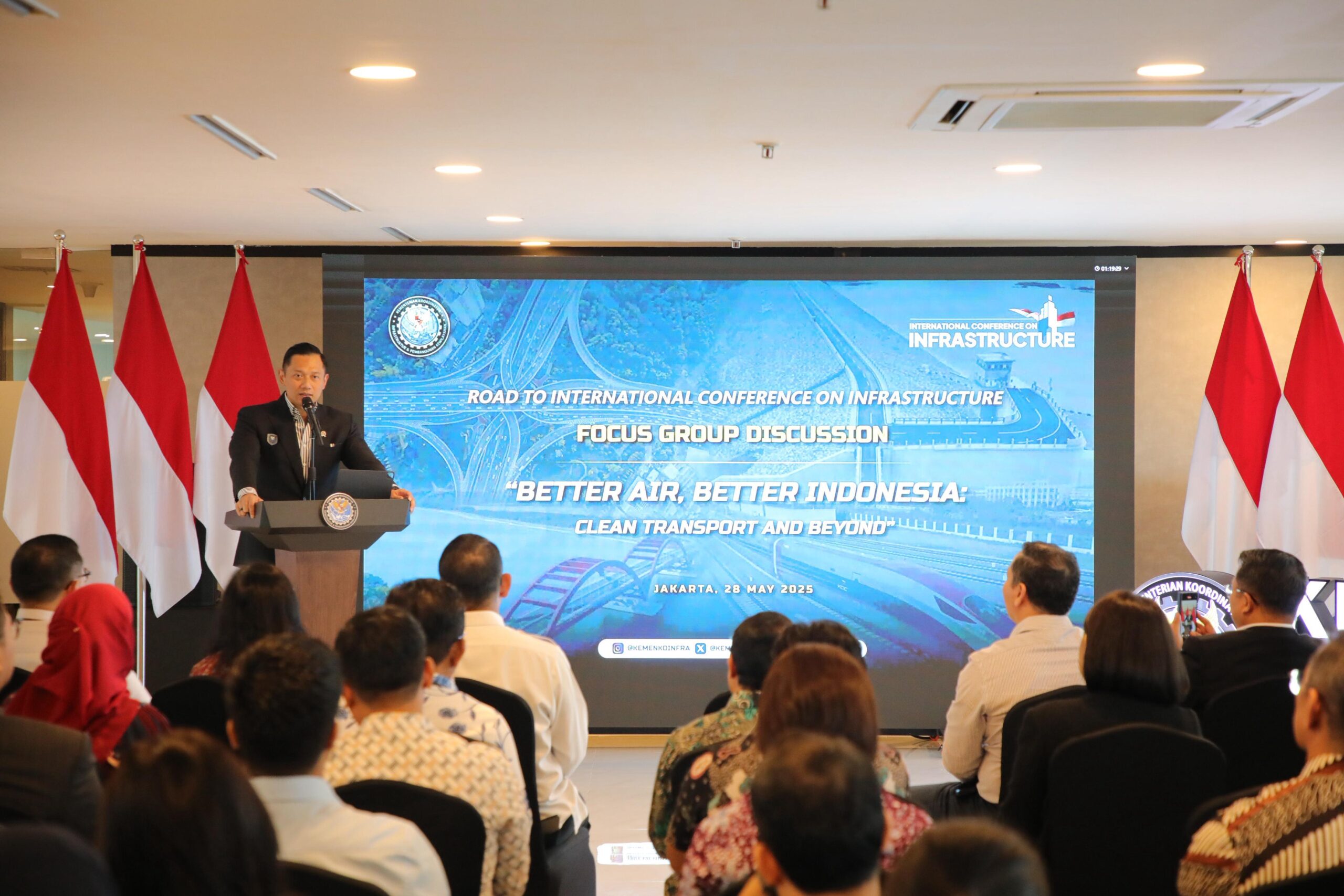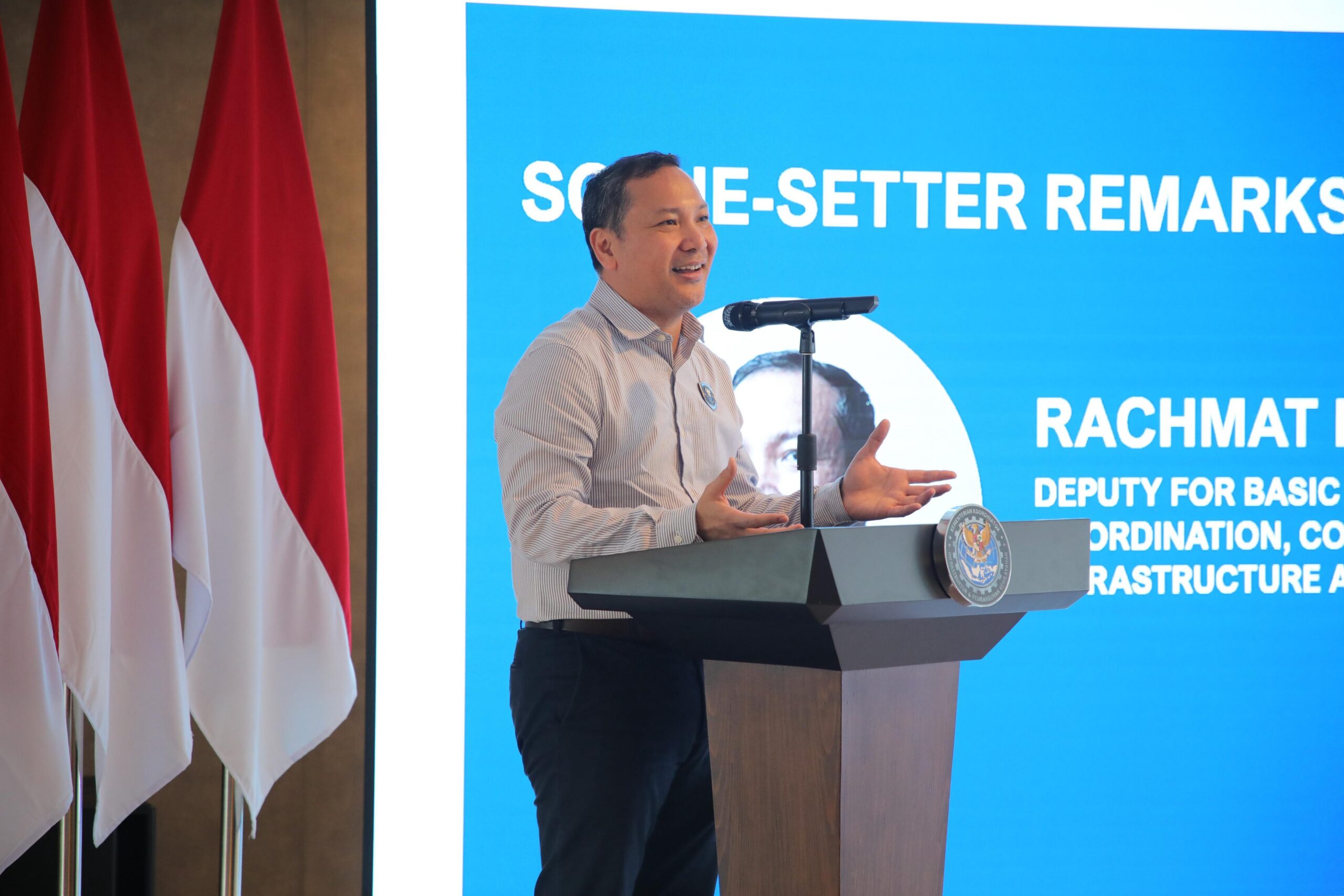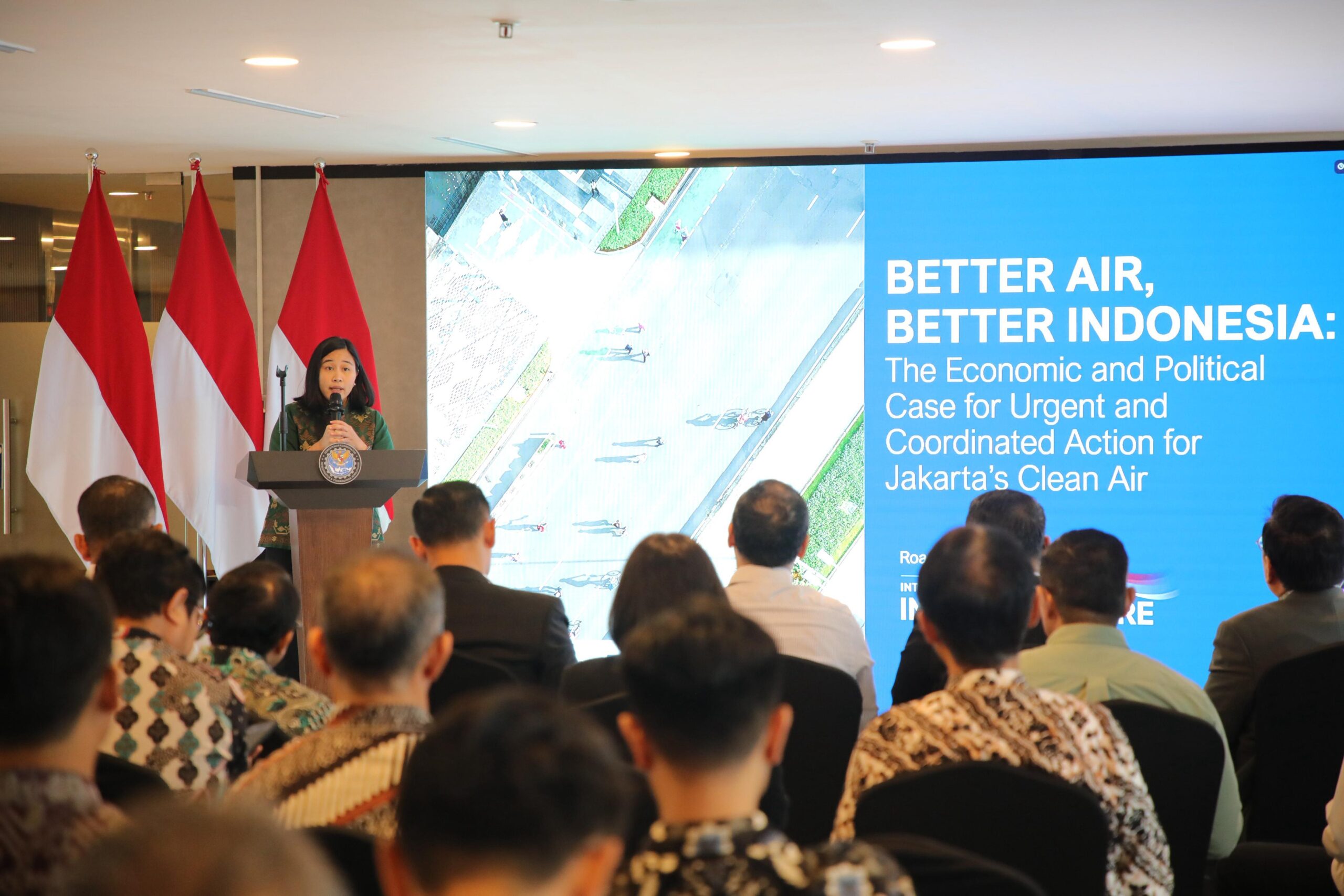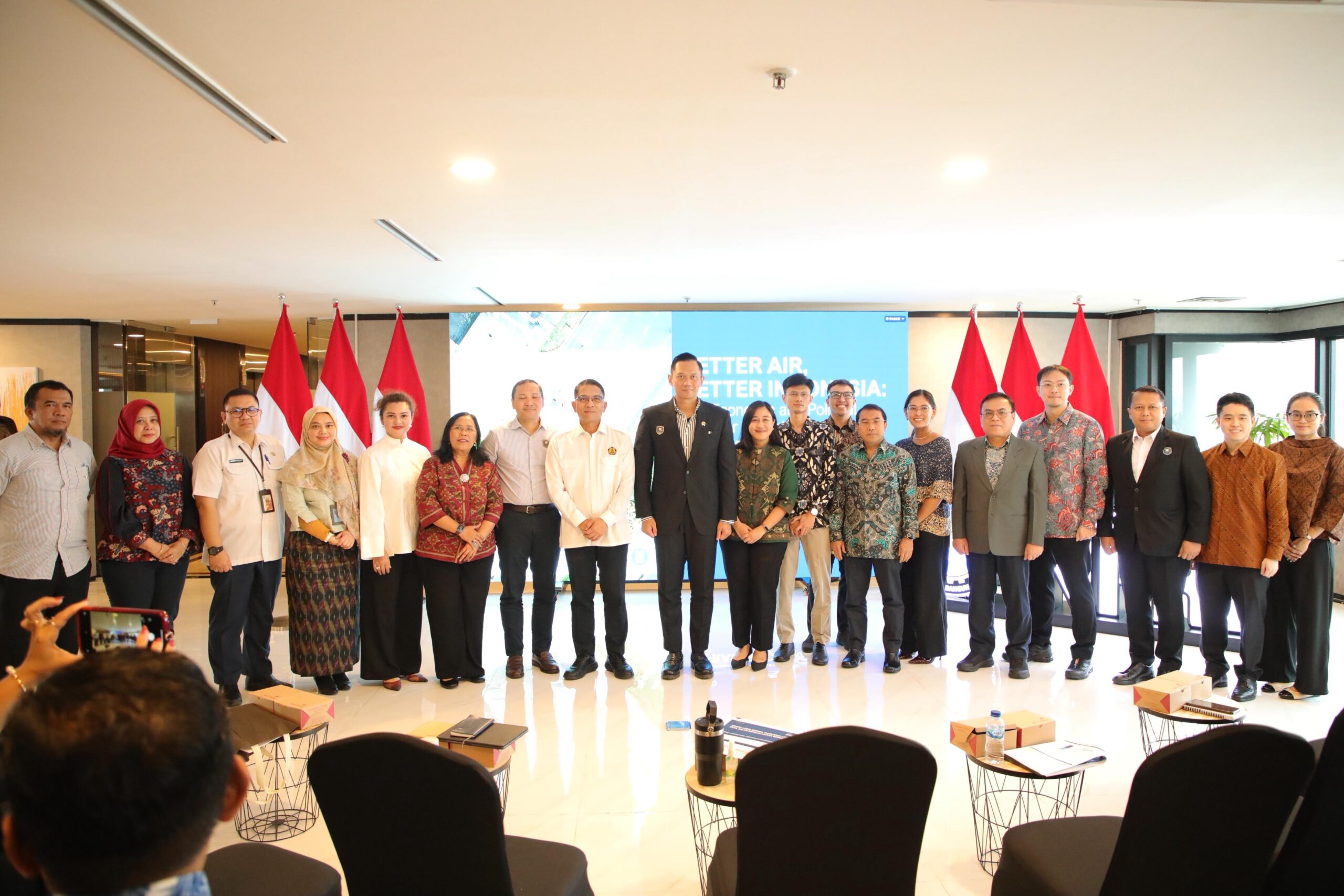Study highlights 12 targeted policy levers could prevent over 32,000 premature deaths and deliver IDR 432 trillion ($27 billion) in health and economic benefits across Jakarta over the next five years.
A new report, Better Air, Better Indonesia, was developed by Systemiq and the Bandung Institute of Technology (ITB), supported by ClimateWorks Foundation, which outlines 12 actionable levers to clean up Jakarta’s air by 2030.
The report was launched with Agus Harimurti Yudhoyono, the Coordinating Minister for Infrastructure and Regional Development, at the Road to the International Conference on Infrastructure (ICI): Clean Air Forum, spotlighting the urgent need for infrastructure investment to deliver cleaner air, healthier cities, and sustainable growth.
If the recommendations are followed, the results would be dramatic:
- Over 32,000 premature deaths prevented
- IDR 432 trillion (USD $27 billion) in economic and health benefits
- Massive cuts to emissions of PM2.5, carbon monoxide, NOx, SO2, and other pollutants
The report provides a 2023 emissions inventory baseline of Jakarta and a multi-sectoral roadmap covering transport, power, industry, waste and construction, along with policy and governance reforms to accelerate impact.
Without action, pollution levels are expected to rise further. The report outlines four targeted steps Jakarta can take, including:
- 100% adoption of low-sulfur fuels
- Transitioning industrial coal boilers to cleaner technologies
- Expanding integrated public transport
- Eliminating open waste burning
By 2030, the proposed actions could:
- Cut the emissions of PM2.5 by 92%, PM10 by 89%, NOx by 51%, and SO₂ by 41% (vs. Business-as-Usual)
- Prevent 32,747 premature deaths, equal to $27 billion in economic value
- Catalyse a $40.7 billion EV market and save $1.2 billion in fuel subsidies
To turn this into reality, the report recommends setting up a centralised governance body to lead implementation. Backed by national ministries and regional governments, this team would help keep plans on track, align priorities and direct funding where it matters most.
Jakarta has the tools and now a clear roadmap to clean up its air, protect lives and build a healthier future.




